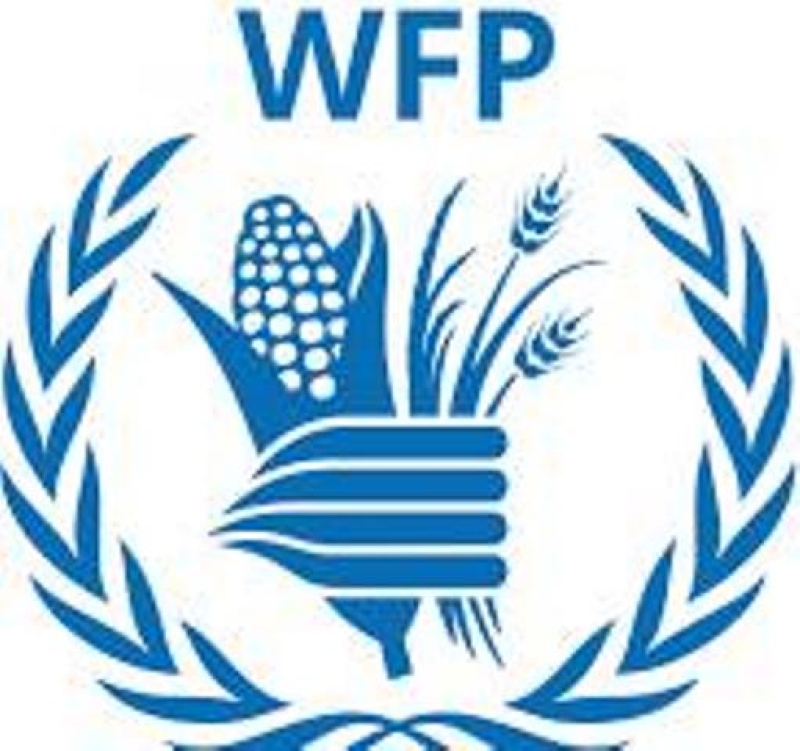- Israel Strikes Tehran with US Support Amid Nuclear Tensions |
- India Sees 9% Drop in Foreign Tourists as Bangladesh Visits Plunge |
- Dhaka Urges Restraint in Pakistan-Afghan War |
- Guterres Urges Action on Safe Migration Pact |
- OpenAI Raises $110B in Amazon-Led Funding |
WFP increases food rations again for Rohingyas in Cox’s Bazar

WFP increases food rations again for Rohingyas in Cox’s Bazar
Dhaka, May 31 - Starting June 1, the United Nations World Food Programme (WFP) will partially increase food rations for all Rohingya in Cox’s Bazar camps, raising the entitlement from US$10 to US$11 per person per month.
This marks the second increase this year and a step closer to reaching the full ration target of US$12.50 by August.
In addition to the monetary increase, WFP has included fortified rice in its food assistance since the beginning of this year.
Locally procured and fortified, this rice has significantly higher nutritional value than regular rice, containing essential vitamins and micronutrients critical to people’s health and wellbeing.
Coverage of this enhanced assistance has already reached 100 percent of the Rohingya population in Cox’s Bazar, said WFP on Friday.
In 2023, faced with an unprecedented funding crisis, WFP had to cut its food assistance from the full entitlement at the time of US$12 to US$8, leaving the Rohingya with just 25 cents to meet their daily food needs.
While a partial increase was made at the beginning of this year, from US$8 to US$10, consequences of hunger and malnutrition persisted, exacerbating the already dire situation in the camps.
By November, 90 percent of the population could not afford an adequate diet, up from 80 percent in June.
The nutritional status among children deteriorated rapidly, with the global acute malnutrition (GAM) rate rising to 15.1 percent, exceeding the WHO emergency threshold and the highest rate recorded since 2017.
“It is imperative that we return to full rations as soon as possible. Doing so will not only address the immediate suffering but also reduce the strain on other critical programmes, such as protection, health, education, shelter, cooking gas – many of which now face severe funding cuts,” said Dom Scalpelli, WFP Country Director for Bangladesh.
To escape the hardships in the camps, nearly 4,500 Rohingya risked their lives at sea in 2023, some 569 of them died or went missing along the journey – the most since 2014.
In the camps, the security situation has deteriorated. In recent months, violent incidents occurred nearly daily in the camps, with alleged abductions and forced recruitment of men by military groups being a major concern.
On May 24, a large fire broke out in one section of the camps, leaving some 4,000 people homeless.
As an immediate response, WFP has been providing the affected households with hot meals and high-energy biscuits.
This was followed by Cyclone Remal, which hit the southern coastal regions of Bangladesh two days later, with Cox’s Bazar and Bhasan Char along its path.
Fortunately, no major damage occurred, but WFP and its partners remain on high alert as the monsoon season starts in June.
"We thank the international community for their unwavering support. Their efforts at every level, not just in mobilizing funds but also through tireless advocacy to keep the Rohingya crisis high on their governments' political agendas, are the best examples of humanitarianism and humanity. Their support remains critical until a lasting solution can be found for the 1 million Rohingya in Bangladesh," added Scalpelli.-UNB

